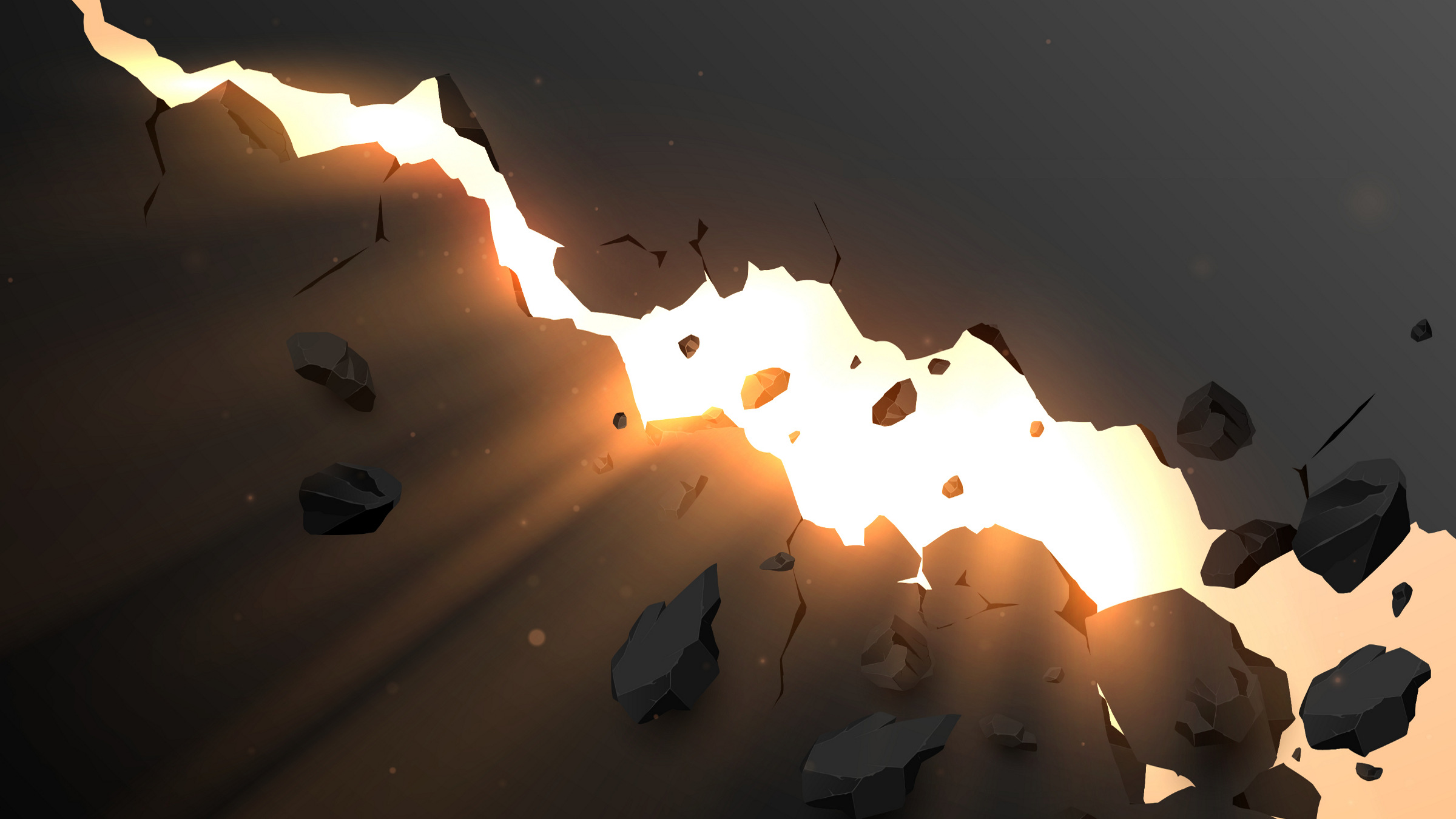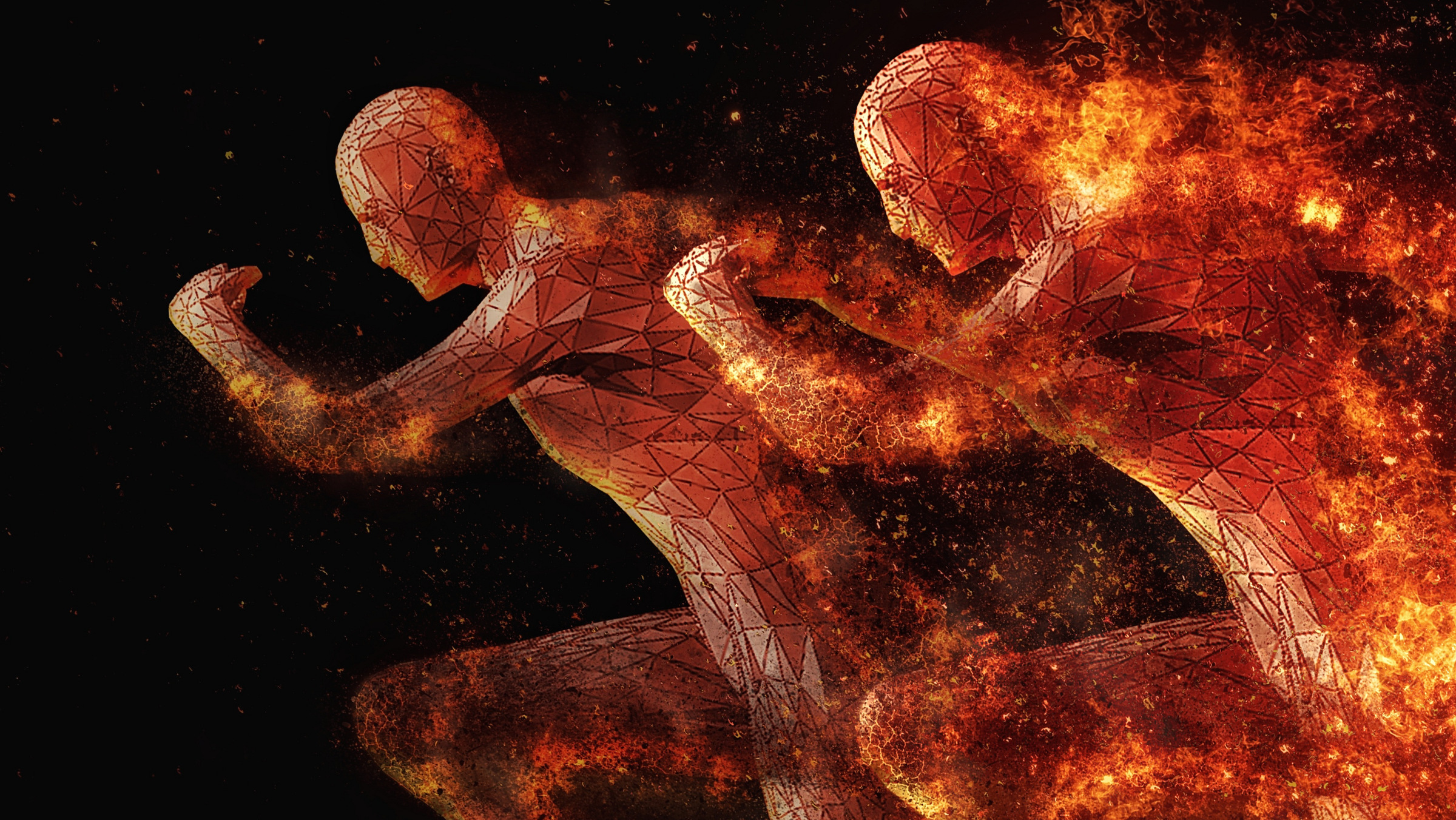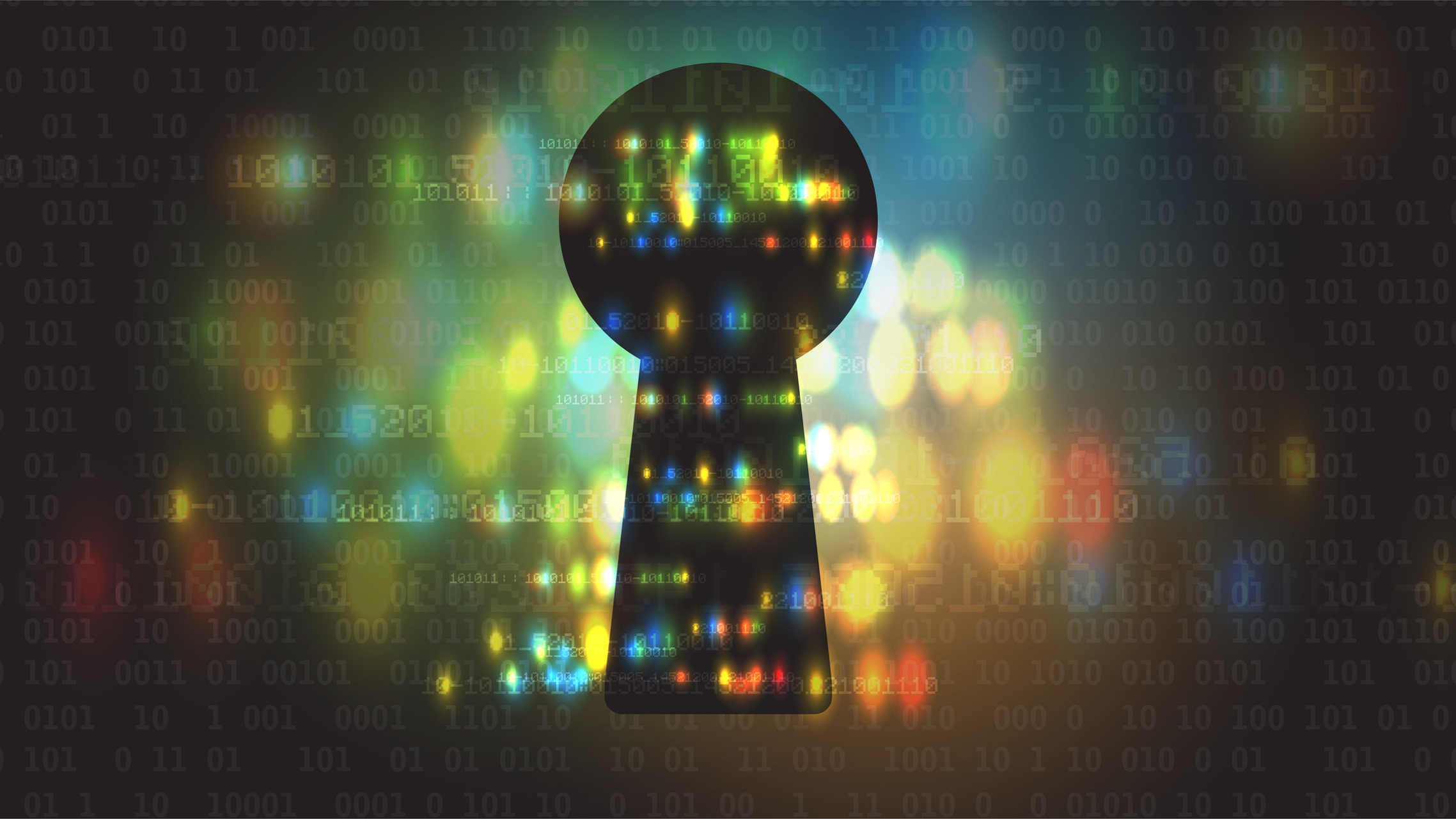
The Committee of Concerned Scientists, the American Association for the Advancement of Science human rights and science program, and Scholars at Risk are deeply concerned over the fate of Masaud Jahromi, chairman of the Department of Computer Science and Engineering at Ahlia University in Bahrain. (Jahromi earned a Ph.D. in telecommunication networking from University of Kent at Canterbury in the U.K.)
Scholars at Risk, an independent non-profit organization affiliated with New York University, has learned Jahromi was arrested and taken from his home at 2:30 A.M., April 14, 2011, and first held in Al Galaa Prison, then transferred to the Dry Dock Prison, where he has been detained since the end of April.
Contacts in Bahrain familiar with Jahromi’s situation, as received by Scholars at Risk, report the police broke into Jahromi’s house, threatened and harassed members of his family, confiscated the family’s laptops, and beat Jahromi before taking him away to an undisclosed location. He was then denied access to his family for more than a month. Reports also indicate Jahromi is not receiving medical treatment for serious, diagnosed conditions, including Hepatitis C.
The nature of Jahromi’s arrest and subsequent detention without access to medical care and family suggests disregard for international standards of due process and fair trial and detention, as guaranteed in the Universal Declaration of Human Rights and the International Covenant on Civil and Political Rights, to which Bahrain has acceded. Taking into account reported arrests of scholars in Bahrain following the pro-democracy protests in February and March, Jahromi’s detention further suggests a wider attempt to intimidate intellectuals and limit academic freedom in Bahrain.
The Committee of Concerned Scientists (I am its Vice-Chair, Computer Science) urges Bahrain to uphold its obligations under international law with regard to Jahromi and intervene to ensure his well-being—including regular access to family, legal counsel of his choosing, and medical treatment—pending his earliest release.
I urge my ACM colleagues to join our effort in advocating Jahromi’s scientific freedom and human rights. Please send letters of support to:
His Highness Shaikh Khalifa Bin
Salman Al Khalifa
Prime Minister
Ministry of Foreign Affairs
P.O. Box 547,
Manama, Kingdom of Bahrain
For more on Jahromi and others to whom you may write, please see Scholars at Risk http://scholarsatrisk.nyu.edu/Education-Advocacy/Alerts-Scholars-in-Prison.php
Jack Minker, College Park, MD
For Copyright, Require No Deliberate Action
Though I always find Pamela Samuelson’s "Legally Speaking" Viewpoints valuable and usually agree entirely, I found myself disagreeing strongly with "Too Many Copyrights?" (July 2011). Acquiring rights to one’s own creative works should not require any kind of deliberate action. Creative works should be automatically one’s own exclusive property unless and until one deliberately waives or assigns those rights. Consider four examples of injustice that could result:
Naive. Your child publishes something notable, perhaps a poem, short story, or painting, on a social network, blog, or school bulletin board, unaware of copyright, and makes no copyright claim. Someone else appropriates the work and makes money from it, perhaps by including it in an anthology. Your child gets nothing and has no rights to the work.
Lack of knowledge. A person in, say, rural Africa, writes and performs a world-class song or other piece of music. Due to the norms of the local culture, such a person lacks awareness of even the notion of copyright and its worldwide legal implications, making no copyright claim. Someone else appropriates the work and makes a significant amount of money from it. The original composer/performer earns nothing and has no rights. Historical examples of such appropriation by collectors and publishers include taking from composers and performers in rural North America from the 1920s to the 1960s.
Ordinary human error. A person in the developed world, aware of copyright, nevertheless by accident fails to attach a proper copyright notice to a book, paper, or other artistic work. Again, someone else appropriates the work for profit, leaving the author/creator with no rights or benefit.
Expectation of privacy. A person keeps a private diary or journal, and, intending to never let it see the light of day, does not include a copyright notice, then loses the work, after which it ends up in the hands of a publisher who then publishes it for profit. Not only does the author have no rights or benefit, the author may be greatly embarrassed when the content goes public, yet lacks recourse.
Suppose I make a statue and place it on my front lawn. Must I include a claim of physical ownership? If I don’t, can you walk up and simply take it away? What if I don’t include a claim of intellectual ownership? Can you simply walk up and scan it with a 3D laser scanner, then make and sell bronze copies? How are the rights of physical and intellectual ownership different?
Copyright to creative works should automatically reside with their creators, with no action required by them. The alternative creates asymmetry between those with power, money, or special knowledge and those without. Do we really intend to give the sophisticated or unscrupulous (whether individuals or corporations) rights to appropriate the creative works of others?
James Prescott, Calgary, Canada
Pamela Samuelson’s Viewpoint "Too Many Copyrights?" (July 2011), along with practically all other coverage of the subject of copyright, seems to be staring at the problem without actually seeing it. That problem isn’t the law but the concept that the protected rights of the creator and the invention itself are equivalent, linked commodities.
Copyright is protection granted to the originator (whether a team or an individual) of a novel idea. The confusion comes from two daisy-chain errors: first, commoditizing copyright, so it can be bought and sold; and, second, having commoditized a personal "right" so the legal system then treats it as a commodity, even though its advocates scream it penalizes the creator.
We can’t have it both ways.
People object to paying copyright/patent fees that never (or trivially) trickle down to the actual originator and which is supposed to be the point of the law. Another problem is the add-on protections, as in 70-year "lives" for patents and copyrights. I say let protection die with the creator. Why let it be used to line the pockets of corporations or descendants who haven’t created anything? Moreover, rewarding people for mere proximity to genius is common but unconscionable.
As for "corporate" copyrights or patents, since when did a company invent anything? If patents are not fungible assets, companies wouldn’t buy them, and the actual rewards would go to the real originators whose names appear on the patent’s bottom line.
The argument that companies need copyright protection to remain competitive is specious. Companies provide an environment that supports creativity, allowing creative people to create neat stuff. Their alternative would be to simply not provide such an environment at all. The straw-man argument is that if I don’t do it, nobody will. The reality is that someone can always turn an advantage into a profit without the legal system paving the road for them with gold.
Turning "protection" of intellectual property into something that can be sold is absurd. The original (presumably novel) idea can certainly be sold and should be, but letting me sell you both my idea and my insulation from competition at the same time is the root of the problem. The idea is mine; how to make money with it is yours. If you can’t, don’t buy it.
Corporations and lawyers have no business making a profit off protection granted to another person or persons with clever ideas. The original intent of copyright or patent protection was the creators get to pick who can recreate their innovations and under what conditions. I see no evidence in the original intent of copyrights or patents that the associated legal protection should follow with the idea itself.
David Byrd, Arlington, VA
Author’s Response
Prescott assumes my proposal would hurt authors and artists who are ignorant of or fail to comply with formalities, such as registration of copyrights, but I was not suggesting that works should automatically end up in the public domain for noncompliance with formalities. Rather, works should be protected against commercial exploitations, even when their authors have not registered their works.
It’s just that some rights and remedies should be available to those who have registered, and not to those who haven’t. Inventors don’t get automatic protection from patent law; they have to apply for protection, so why treat authors differently? Copyright regimes around the world have had formal requirements in the past, and some still do.
Moreover, virtually every other property regime has formalities, too, such as registration of one’s car; people somehow adapt to them.
Byrd raises questions about whether corporations are inventive and need intellectual property protection to remain competitive. There are surely uninventive companies, but research teams at Apple, IBM, and Microsoft, among others, have come up with significant innovations that have improved our lives. These companies rely on copyright to protect software as a means to recoup investments in developing programs, although they also rely on other intellectual property, such as trademarks and trade secrets, as well as on first-mover advantages. If other companies could just copy their programs and sell them in competition with their developers, it would be tough to recoup such investments.
I say corporate copyrights are a net positive for society, as long as the scope of protection is not too extensive.
Pamela Samuelson, Berkeley, CA



Join the Discussion (0)
Become a Member or Sign In to Post a Comment